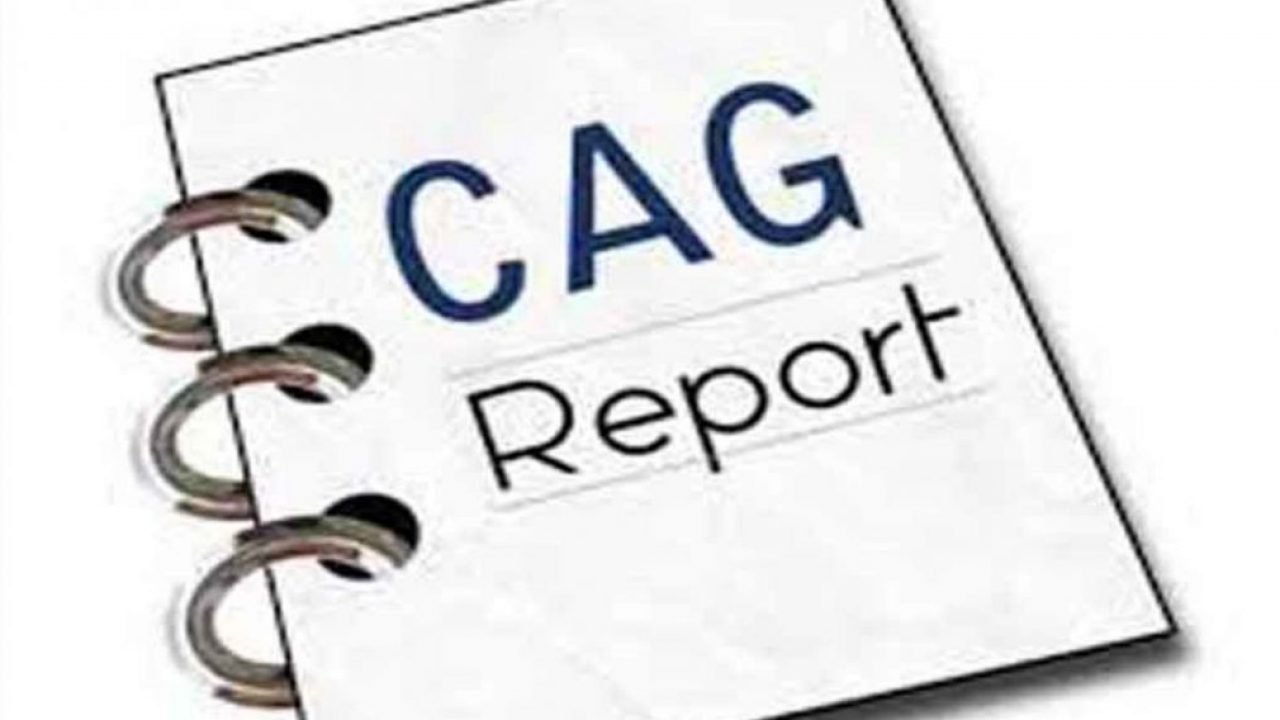AfricaPress-Tanzania: THE Ministry of Finance and Planning and Public Procurement Regulatory Authority (PPRA) have not adequately enforced monitoring of public procurement activities, states the 2018/19 Controller and Auditor General (CAG) performance audit report.
The report that was submitted to President John Magufuli last month also indicated that the ministry has not monitored the performance of public procurement institutions including the PPRA, Procurement and Supplies Professional and Technician Board (PSPTB, and the Government Procurement Services Agency (GPSA) to the expected standards.
In addition, the performance audit report stated that the ministry’s handling of the requested retrospective approvals was ineffective and dogged by substantial and unnecessary delay, which made approvals lose intended purposes.
However, the audit findings provided reasons which concluded that PPRA and PPPD under the Ministry of Finance and Planning underplayed their regulatory and monitoring roles respectively.
It further stated that PPRA’s role of monitoring and evaluating Procuring Entities (PEs) operations was not adequately exercised, because many PEs did not submit their procurement information to PPRA, and no deterrent action was taken to the noncompliant.
In addition, the observed weaknesses in the operations of the PEs presented in the report was an indication that the audits done by PPRA to PEs, needed to be enhanced to help the audited procuring entities improve their internal control systems and ensure compliance with Public Procurement Act (PPA).
The main audit finding indicates that 100 per cent of public procurement oversight institutions as well as 100 per cent of Procuring Entities (PEs) were neither monitored nor evaluated.
As a result the performance audit finding and the Ministry of Finance and Planning was unaware of what was going on especially at the performance of oversight public procurement organs and presence of public procurement systems, which were not known and monitored .
Such public procurement systems resulted in petroleum and fertilizer bulk procurement and uncoordinated training as well as malpractice in public procurement.
Moreover, the National Audit Office performance audit findings also showed that there were inadequate monitoring and evaluation of PEs by PPRA for a period of five years.
“As per the current trend, PPRA may take six years to ensure each Procuring Entity is audited. In addition, more than 50 per cent of PEs did not submit monthly progress reports, internal audit reports and annual procurement awards” read the report.
On top of that there were serious delays of processing retrospective approval for more than two years, which hence, distorted the essence of applying for retrospective approval.
Furthermore, Procuring Entities did not comply with PPA to ensure Value for Money, despite efforts made to ensure compliance and value for money in procurement transaction, where were singled out as key notable weaknesses.
On the breathe, the ministry has been advised to ensure monitoring and evaluation of performance of Public Procurement Institutions is regularly conducted.
It also suggested review and update the process for advice on retrospective approval to ensure approval process time is shortened, and as well public procurement laws and regulations reviewed in order to harmonize public procurement systems such as bulk procurement systems.
The ministry was equally advised to develop a coordination mechanism to minimize overlapping functions of public procurement institutions and as well develop and implement a capacity building programme that facilitates monitoring and evaluation of procurement institutions.
In the recommendations, it was further advised to ensure its conducts regular monitoring and evaluation of performance of Public Procurement Institutions.
The list also included reviewing and updating the process of advising on retrospective approval to ensure the approval process time was shortened.
They also recommended for the review of public procurement laws and regulations in order to harmonize public procurement systems such as bulk procurement systems especially for petroleum bulk procurement system and electronic procurement system.
It included developing a coordinated mechanism that minimizes overlapping functions of public procurement institutions and implementing a capacity building program that facilitates efficient monitoring and evaluation.
As for the Public Procurement Regulatory Authority, the audit report recommended that it should ensure all public procuring entities are audited and a continuous follow up conducted on all the issued recommendations.
PPRA should also increase enforcement measures to all Procuring Entities PEs to submit the required procurement information by using TANePS for monitoring purposes.
PPRA also has been directed to ensure market prices of commonly used items and services were available for benchmarking purposes as required by the law.
They should also develop strategies to improve human resource base in order to minimize the risk of excessive outsourcing of the authority’s core functions, and at the same time develop mechanisms for implementation and monitoring bulk procurement systems.







